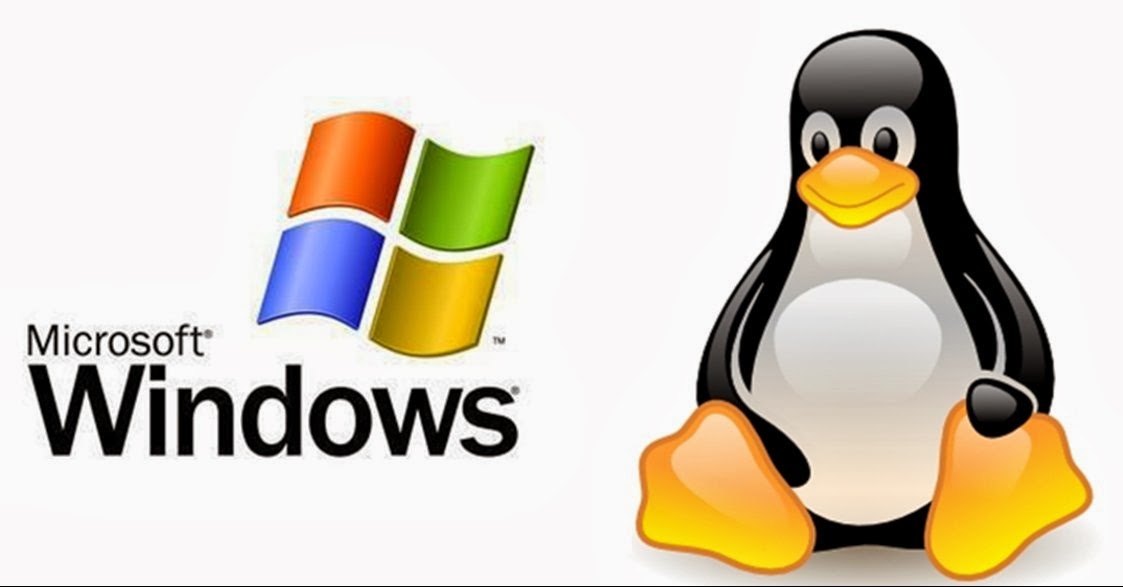Saving a bureaucratic software project

A recently published article, " The Secret Startup That Saved the Worst Website in America " details some of the problems with the Healthcare.gov launch fiasco that "so bad it nearly broke the Affordable Care Act." It also outlines how a small team rewrote much of the software "working as a startup within the government and replacing contractor-made apps with ones costing one-fiftieth of the price ." A key point is something I've written about before, namely that one good programmer equals an infinite number of mediocre ones . A handful of bright , motivated programmers can easily beat a massive army of corporate drones , middle managers and bureaucrats. This is related to Brooks' law , which states that " adding manpower to a late software project makes it later. " Or in other words, " nine women can't make a baby in one month. " "The government’s method of running software turned on a sequential des...



